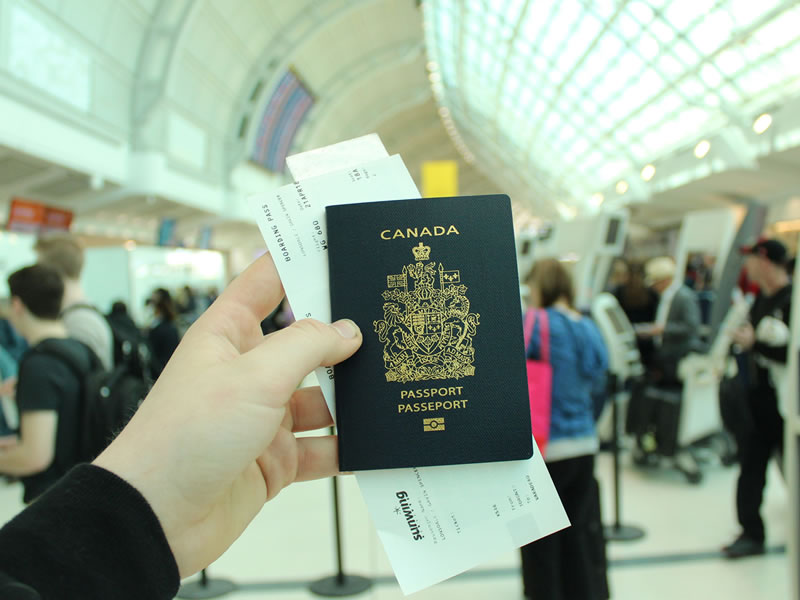Pre-Departure Preparation

1. Immigration Documentation and Legalities
- Ensure all your immigration documents are in order, including visas, work permits, and confirmation of permanent residence (COPR) if applicable.
- Understand the conditions of your visa or immigration status and any obligations you must meet upon arrival.

2. Financial Preparation
- Open a Canadian bank account online if possible.
- Arrange for sufficient funds to cover living expenses for the first few months or until you secure employment.
- Understand the tax system and obligations in Canada.

3. Housing Arrangements
- Research housing options for your initial weeks in Canada, such as short-term rentals or hotels.
- Start looking into long-term housing options in your chosen province or city, considering factors like affordability, proximity to job opportunities, and community services.

4. Healthcare
- Familiarize yourself with the healthcare system in your destination province or territory.
- Arrange for private health insurance to cover you until you are eligible for provincial health care coverage.

5. Education and Employment
- If applicable, start the process of getting your educational credentials assessed.
- Begin your job search by exploring online job boards, connecting with employment agencies, and updating your resume to Canadian standards.

6. Packing and Shipping
- Decide what to bring with you, considering climate, housing size, and lifestyle.
- Arrange for shipping of personal belongings if necessary, and understand customs regulations for bringing items into Canada.

7. Cultural Preparation
- Research Canadian culture, norms, and social etiquettes.
- Consider enrolling in an English or French language course to improve your language skills if needed.
Upon Arrival in Canada

1. Settling In
- Apply for a Social Insurance Number (SIN) immediately upon arrival.
- Open a bank account if you haven’t already and transfer your funds.
- Secure long-term housing.

2. Healthcare Registration
- Register for provincial health care insurance as soon as you are eligible.

3. Employment
- Continue your job search by networking, attending job fairs, and utilizing local employment services.
- Consider volunteer work to gain Canadian work experience and meet new people.

4. Education
- Enroll children in school as soon as possible.
- Explore further education or training opportunities for yourself to enhance employability.

5. Community Connection
- Connect with community centers and social groups to meet people and build a support network.
- Explore cultural, recreational, and educational resources in your community.

6. Government and Legal Obligations
- Familiarize yourself with your legal obligations as a resident, including taxes, healthcare registration, and updating your immigration status as needed.

7. Ongoing Adaptation
- Be patient and give yourself time to adjust to your new life in Canada.
- Seek support when needed, whether for emotional, financial, or practical issues.
